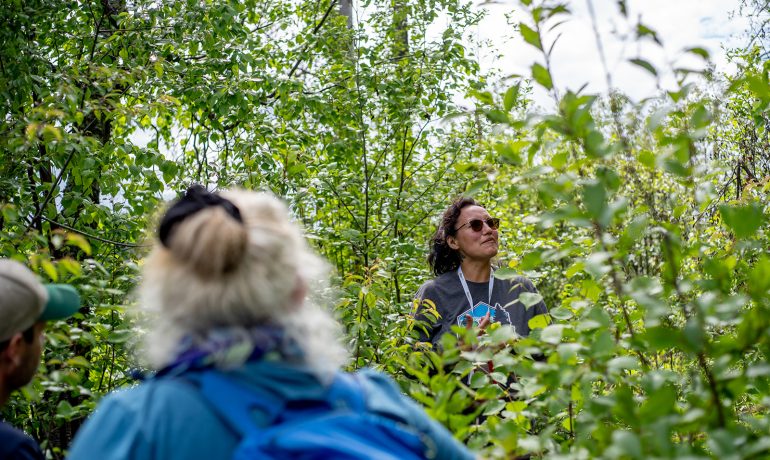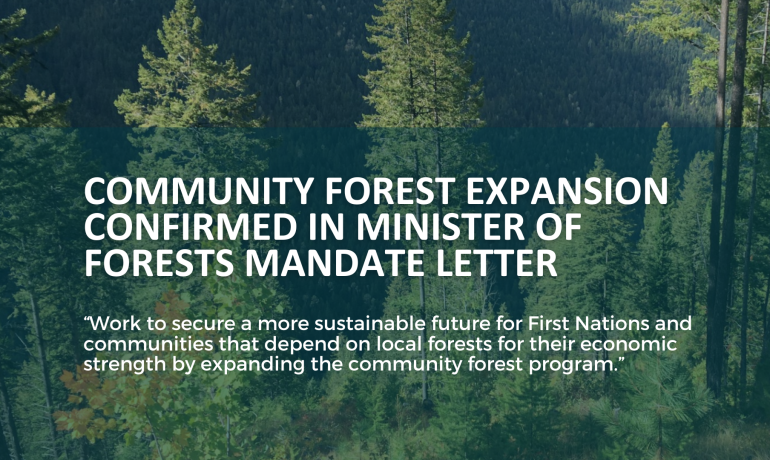| November 1, 2021 (Victoria, BC) – The Ministry of Forests, Land, Natural Resource Operations and Rural Development sent an email to several BC First Nations outlining old growth deferral areas in their traditional territories identified by the old growth technical panel (TAP), established by the government with no mandate from First Nations representatives.
For many Nations this was the first they had heard or seen of this.
“The honour of the Crown cannot be met through fundamentally flawed consultation,” says Chief Bill Williams, President of the BC First Nations Forestry Council (the ‘Forestry Council’).
In June 2021 Premier Horgan stated that “the first step in protecting old growth forests must be respecting Indigenous land management rights in their territories.”
“To do this,” says Chief Williams, “requires a consistent recognition of Indigenous jurisdiction, not just sometimes when it’s convenient. Nations should be the ones determining areas they want to protect in their territories based on their knowledge, values and principles.”
Klay Tindall, General Manager of Forestry Operations for Lil’wat Forestry: “Lil’wat Nation just spent several million dollars to purchase a forest licence in their territory so they could have a bigger say in decisions regarding forest management in their territory. And now the government comes along and is trying to tell the Nation what they can and can’t do?”
He adds that “the Province claims they consulted with First Nations, but we don’t know who they are talking to.”
Matt Wealick, Indigenous Registered Professional Forester: “The identification of old growth deferral areas is an initiative that should be led by Nations, not an exclusionary panel telling Nations what they see as ecologically important areas – based on information and criteria they chose to use.”
“This is not just about protecting old growth; this is a land use planning decision that will impact the ability of Nations to make decisions about the use of forest lands and resources in their territories for decades,” says Wealick.
“How many times do Nations have to call the Province out on their consultation process before they actually change it?” asks Dr. Charlene Higgins, CEO of the Forestry Council.
“The solution is easy,” she says. “The Forestry Council has offered to work with the Province on the development of a transparent process to meaningfully engage with Nations on the modernization of forest policy in BC, including the principles around the identification of old growth deferral areas. Unfortunately, we have yet to receive any acknowledgment of our offer to work collaboratively. Instead, they have chosen to do their own thing.” |



